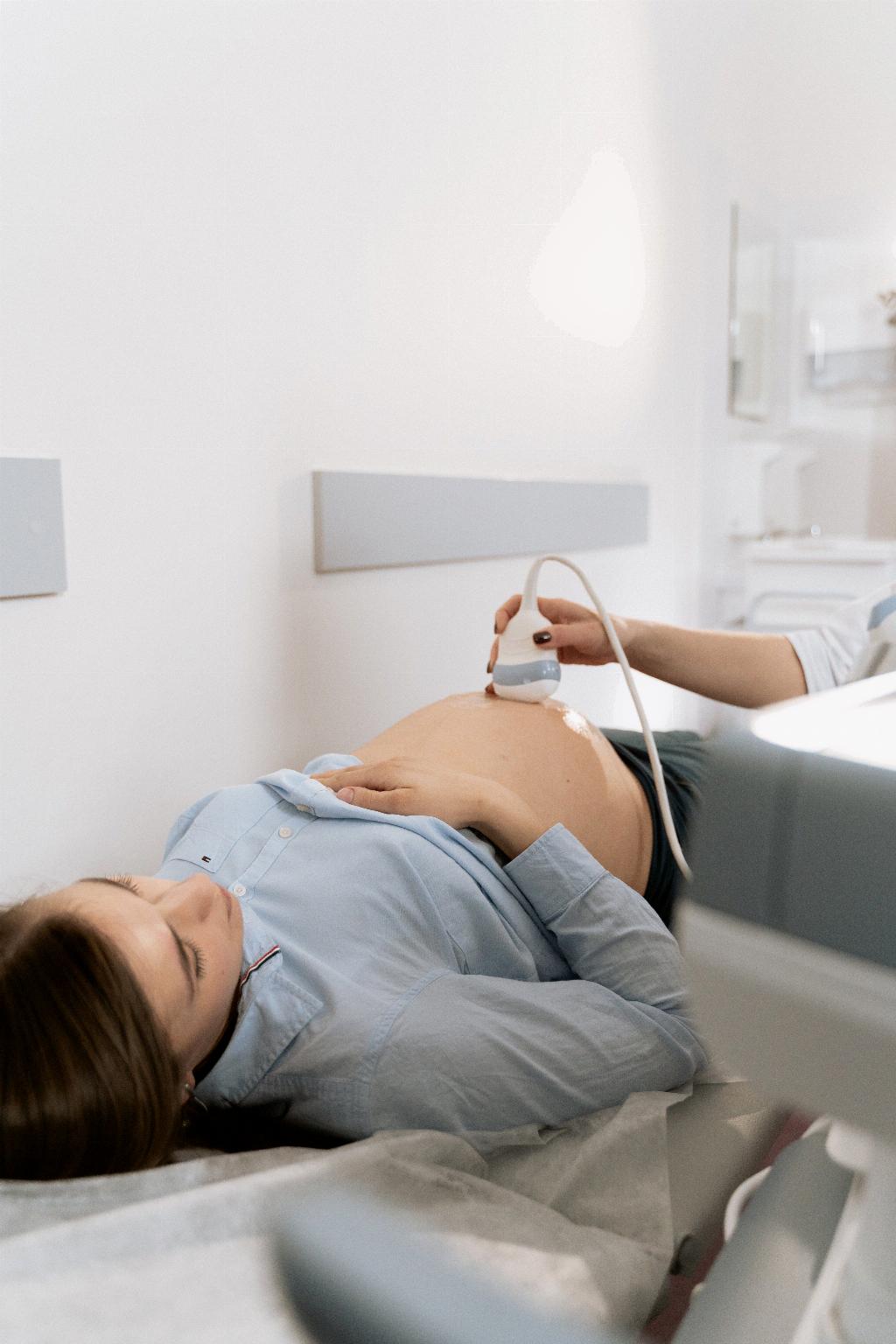When it comes to ensuring a healthy pregnancy, it is crucial for expectant mothers to be mindful of their dietary choices. Certain foods can pose risks to both the mother and the developing baby, which is why it’s essential to be aware of what to avoid during pregnancy.
Soft Cheeses
Soft cheeses such as brie, camembert, and feta should be avoided by pregnant women. These cheeses are often made from unpasteurised milk, which can contain harmful bacteria such as Listeria. Listeria infection during pregnancy can lead to serious complications, including miscarriage, premature birth, and stillbirth.
Unpasteurised Dairy Products
It’s important for pregnant women to steer clear of unpasteurised dairy products, as they may also contain Listeria and other harmful bacteria. Opt for pasteurised milk, cheese, and other dairy items to reduce the risk of foodborne illnesses.
Undercooked Meat
Undercooked meat should be avoided during pregnancy due to the potential presence of bacteria like E. coli and Salmonella. These pathogens can cause food poisoning, which can be particularly dangerous for pregnant women and their babies. Ensure that all meats are thoroughly cooked before consumption.
Raw or Undercooked Fish
Pregnant women should also be cautious when it comes to consuming raw or undercooked fish, as they may contain parasites and harmful bacteria. High mercury fish such as shark, swordfish, king mackerel, and tilefish should be avoided altogether, while low mercury options like salmon can be consumed in moderation.
Raw or Undercooked Eggs
Raw or undercooked eggs can harbour Salmonella bacteria, which can be risky for pregnant women. Avoid foods that contain raw eggs, such as homemade mayonnaise, aioli, and certain desserts. Opt for pasteurised egg products when preparing dishes that call for eggs.
Pre-cut Fruits and Vegetables
Pre-cut fruits and vegetables can be a breeding ground for bacteria if not handled and stored properly. It’s best to wash all produce thoroughly before consumption, and avoid pre-cut items that may have been exposed to contaminants during processing.
Conclusion
Overall, pregnant women should be vigilant about their food choices to safeguard the health and well-being of themselves and their babies. By avoiding foods that pose a higher risk of foodborne illnesses and contamination, expectant mothers can take proactive steps towards a healthy pregnancy.

